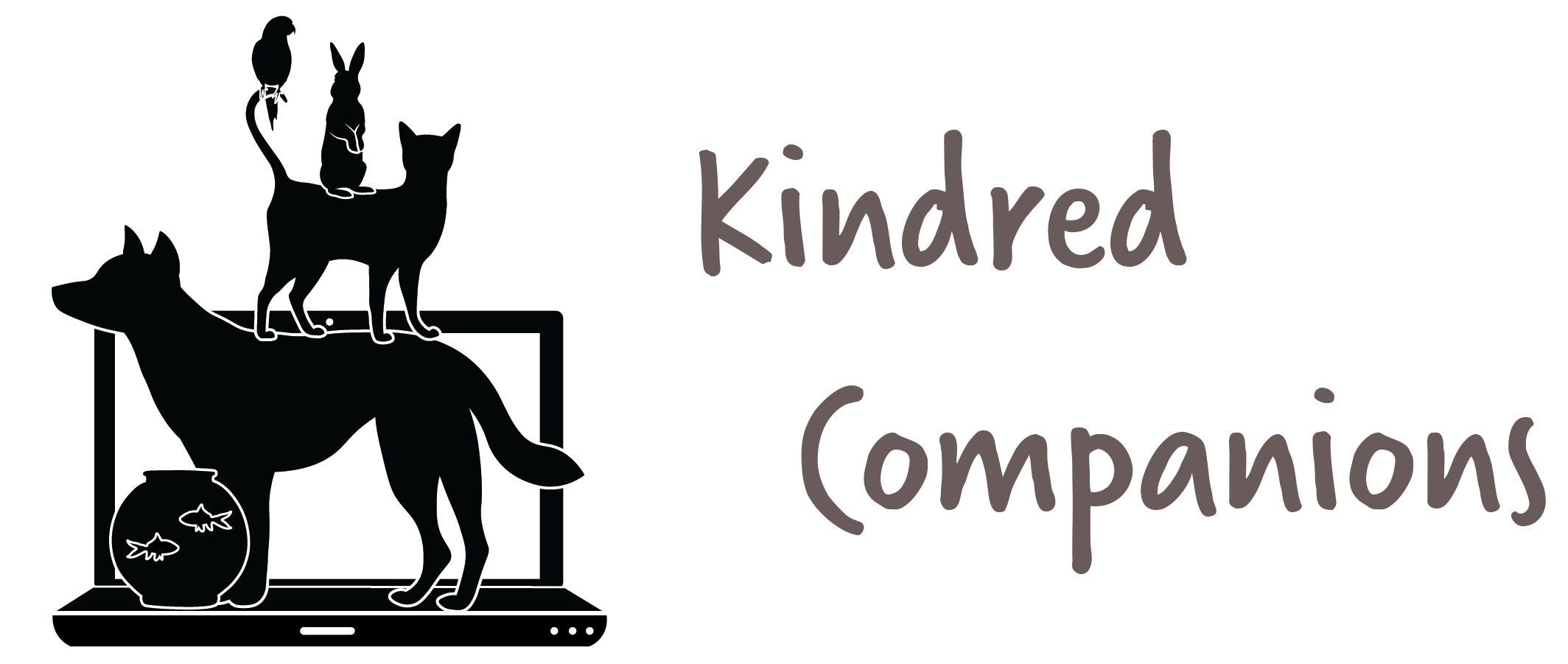Clickers: Just 'cause you can doesn't mean you should
That noise making device, that is supposed to be some amazing elite tool. You either love it, hate it, or fumble around with it because you're supposed to like it. And then there are the owners/trainers who dabble just enough to have one in their training bag or kitchen drawer, but will not admit to using it. So what is all the hubbub with Clickers?
Use
Let me start off explaining what the point of a clicker is supposed to be. Clickers are supposed to be a "marker". They mark the instance a dog does something correctly. It is supposed to inform the dog, through a happy association, that what they did was right, a reward is coming, and in the future they should repeat the behavior. Sounds straight forward and simple. So why isn't every dog everywhere, being trained on clickers? That is the big questions now isn't it...
Can Of Worms
There are a few problems with clickers. For one, just like any other tool, the quality of training is going to come from the user. If the user has excellent timing and eye/hand coordination, then it can be a highly useful tool. However poor timing or "not enough hands" can be a huge problem. Many people complain that it is very hard to hold a clicker, leash, any other equipment, and then still have to fish out a treat. Also poor coordination can inadvertently confuse the dog if the clicks happen at what could be perceived as random times because it is not "right" at the moment of the desired behavior.
With poor clicker timing comes frustrated anxious dogs. Clickers can also create dogs that slip to the other side of the spectrum, hyper and anxious to get the behavior right, dying to have the clicker go off again. In both cases the dogs are not in a comfortable emotional state and therefore this relationship with the clicker could be unhealthy. There are also dogs who are noise sensitive and hate the clicker right off the bat. This could be from not being exposed to the noise from a young age, or a clicker type object being used as punishment previously.
Some owners also report "cheating" and using the clicker for things it is not designed for, like calling the dog, getting the dog's attention, and clicking at the dog to stop bad behaviors. This of course confuses the dog and ruins the association with the clicker. But since the consequences are not immediate, owners will continue to use the clicker in this fashion till it stops working and then blame the tool and throw it away, swearing to never use one again.
There are also those in the more traditional camps of training that swear the clicker is a waste of time or are only good for teaching tricks and not for manners/obedience/life skills type behaviors. This could not be farther from the truth but because for some, the learning curve is so steep, that adding this tool to their repertoire is too hard, especially when some think the way they already train is fine.
The final problem is "what do you clicker for?" Many users just don't understand how to apply a clicker to their training. They know what the finished product is that they want to get to, so for them to break it down into tiny behaviors to clicker for, seems foreign and a waste of time. To quote some unhappy users; "Why can't I just pull my dog to the floor? It worked fine for my last dog.... This takes too long..." This sentiment usually comes from both a lack of good PR and a culture of wanting results immediately.
Final Thoughts
So while clickers are a marvelous tool in the hands of many owners/trainers, it is not the tool for everyone. Not every owner has the timing, the patience or the wherewithal to grasp the tool and not every dog will respond favorably to it. It takes a talented and fair instructor to know when a client or a dog is not the right fit and change to another method. It doesn't mean don't try it, but it does mean move on if you don't see favorable reaction from the owner or dog.
For those looking for my background with this tool - read my intro post about this series:
Tools: Just cause you can doesn't mean you should

